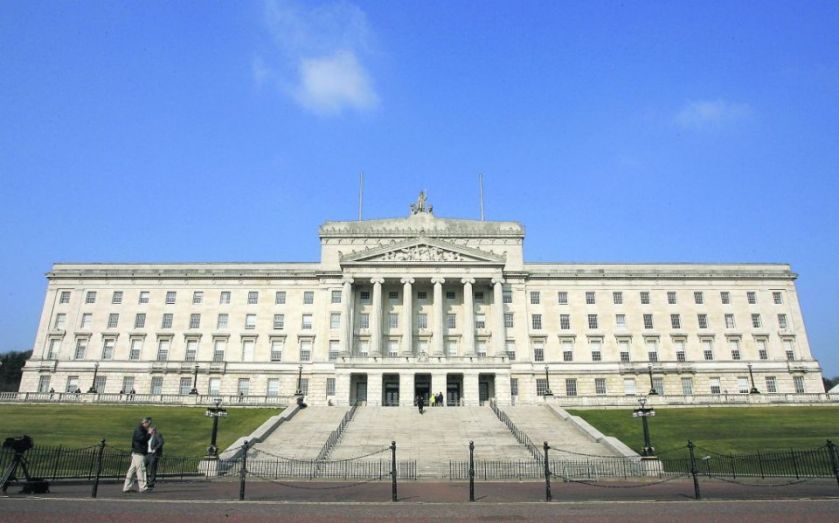Northern Ireland eyes up new corporation tax powers as government concern over Scotland’s demands grows

The coalition is embroiled in last-minute talks to determine whether Northern Ireland can be granted the power to set its own rate of corporation tax.
Chancellor George Osborne is keen to signal his support for the move in tomorrow’s Autumn Statement, yet the government has been held back by concerns that Scottish leaders would subsequently demand the same rights north of the border.
The politics of devolution have dominated the run-up to the Autumn Statement, with the Smith Commission last week recommending sweeping new tax-setting powers for Scotland.
And with money tight, Osborne is in need of popular reforms that will not overly stretch the government’s purse strings. Tax receipts have been lower than expected this year despite strong economic growth, thwarting efforts to slash the annual deficit.
The Republic of Ireland has notably low corporation tax rates, using the policy to attract international firms to the country. The ability to set similarly low levels in neighbouring Northern Ireland could be one way of boosting its private sector economy.
However, Osborne and Prime Minister David Cameron are wary of the need to tread carefully with fiscal reforms. Unionists are concerned at the pace of powers potentially set to be devolved to Scotland, with the Prime Minister stressing that further powers for England will be addressed soon.
Meanwhile, Osborne is expected tomorrow to announce Bicester as the site of a new garden city which will see an extra 13,000 homes, while two London estates are to get an overhaul as part of a £150m fund. Liberal Democrat Danny Alexander will also unveil 1,400 new flood protection schemes..